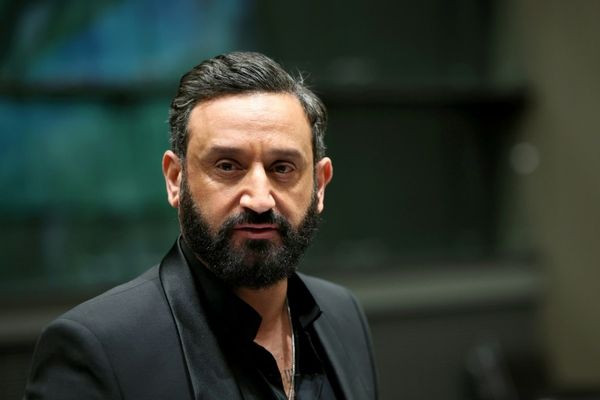
- Top Google execs highlighted priorities for 2025 at a strategy meeting earlier this month, according to CNBC. "I think it’s really important we internalize the urgency of this moment, and need to move faster as a company."
Google CEO Sundar Pichai and other top executives at the tech giant closed out the year with a meeting earlier this month that sought to tee up 2025, which they view as a pivotal year, especially in artificial intelligence.
According to audio of a Dec. 18 strategy meeting obtained by CNBC, Pichai repeatedly urged employees to "stay scrappy" as he noted competitive and regulatory challenges while stressing the importance of AI.
"I think 2025 will be critical," he said. "I think it’s really important we internalize the urgency of this moment, and need to move faster as a company. The stakes are high. These are disruptive moments. In 2025, we need to be relentlessly focused on unlocking the benefits of this technology and solve real user problems."
Google didn't immediately offer a comment on the CNBC report.
Pichai also acknowledged mounting legal scrutiny after Google lost an antitrust case earlier this year on its search business with the Justice Department seeking divestment of the Chrome browser business and pursuing the company over its online ad technology.
He attributed the growing pressure to the broader trend of technology having a greater impact on society. "So more than ever, through this moment, we have to make sure we don’t get distracted," he added.
Meanwhile, not only is Google racing to build up its AI capabilities, rivals in the space such as OpenAI and Perplexity are also getting into the search business.
A top priority is "building big, new business," including the AI-powered Gemini app, Pichai said, adding that scaling it for consumers will be "our biggest focus next year."
"With the Gemini app, there is strong momentum, particularly over the last few months," he said, according to CNBC. "But we have some work to do in 2025 to close the gap and establish a leadership position there as well."
Demis Hassabis, cofounder of Google's DeepMind, said Gemini will see a "turbo charge" and that products will "evolve massively" in the next year or two.
The head of Google Labs, Josh Woodward, also showed off a coding assistant, an AI note-taking product, and an AI-powered multitasking Chrome extension, CNBC reported.
Despite the growing competition Google faces, Liz Reid, the company's vice president of search, dismissed the pessimism at Fortune’s Brainstorm AI conference in San Francisco earlier this month, saying the key is adopting more AI for "effortless" search that opens the door to more queries.
"There are not just billions of questions that people come to Google for, but billions of questions that people don’t even ask," she explained. "And they don’t ask because it’s too hard. They don’t ask because they’re not confident they can get that answer."
Google has also generated a lot of buzz in recent weeks in the emerging field of quantum computing with the announcement of a major breakthrough.
Just days ahead of the 2025 strategy meeting, Google captivated the tech world with Willow, a new quantum chip that outperformed even the world’s best supercomputer on an advanced test.
“This is the most convincing prototype for a scalable logical qubit built to date,” Hartmut Neven, founder and lead for Google Quantum AI, said in blog post on Dec. 9. “It’s a strong sign that useful, very large quantum computers can indeed be built.”







